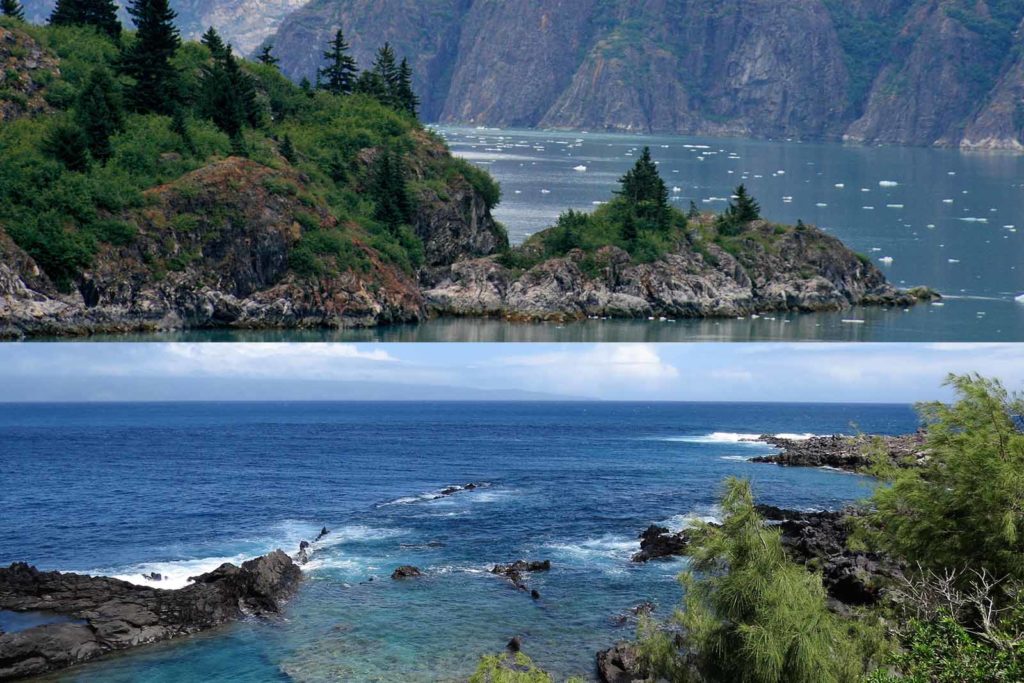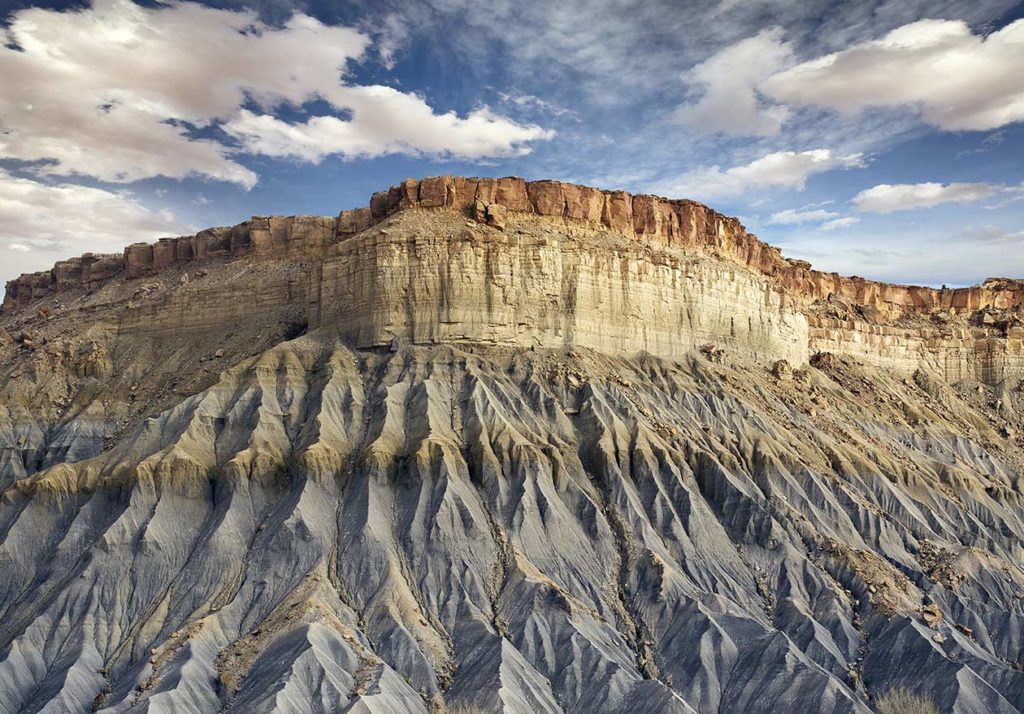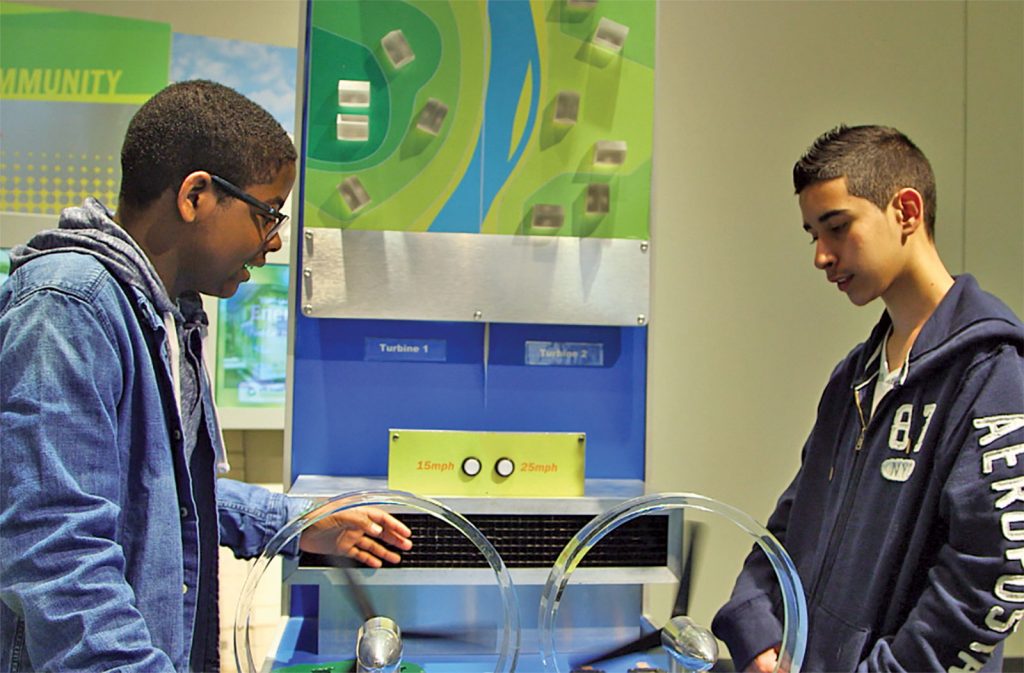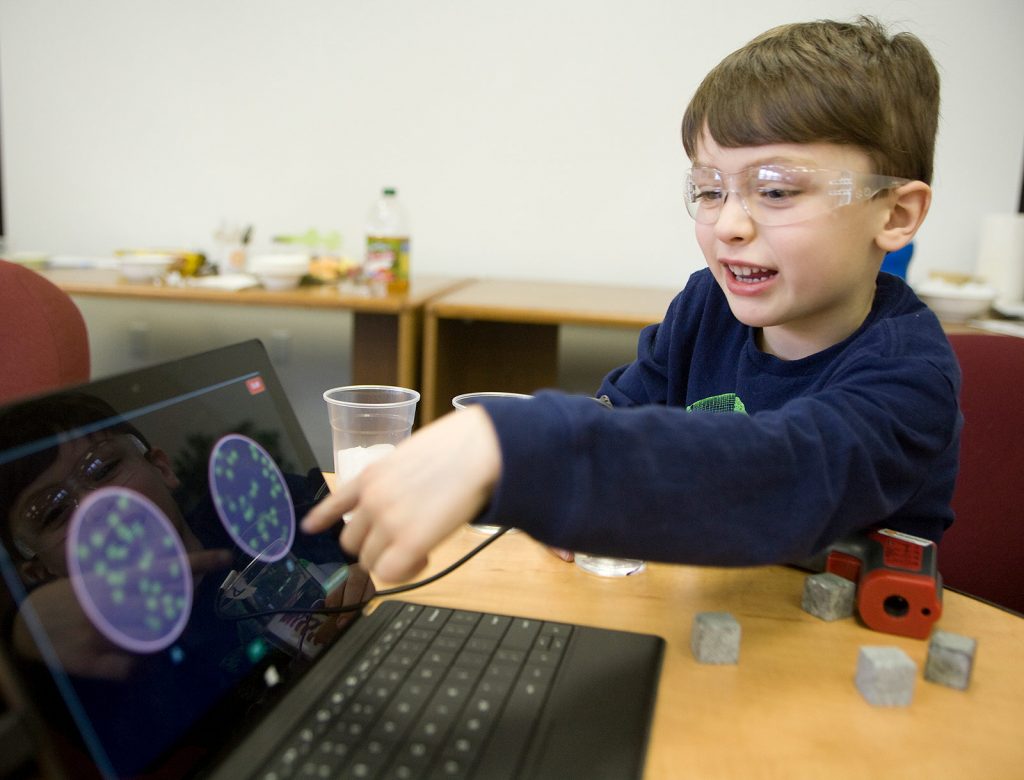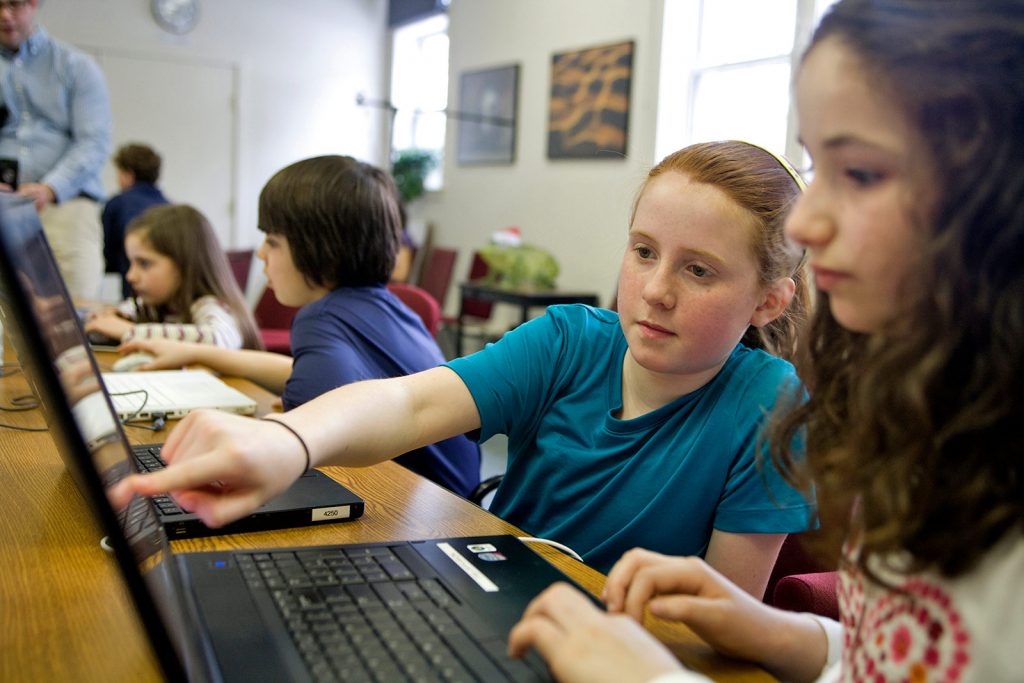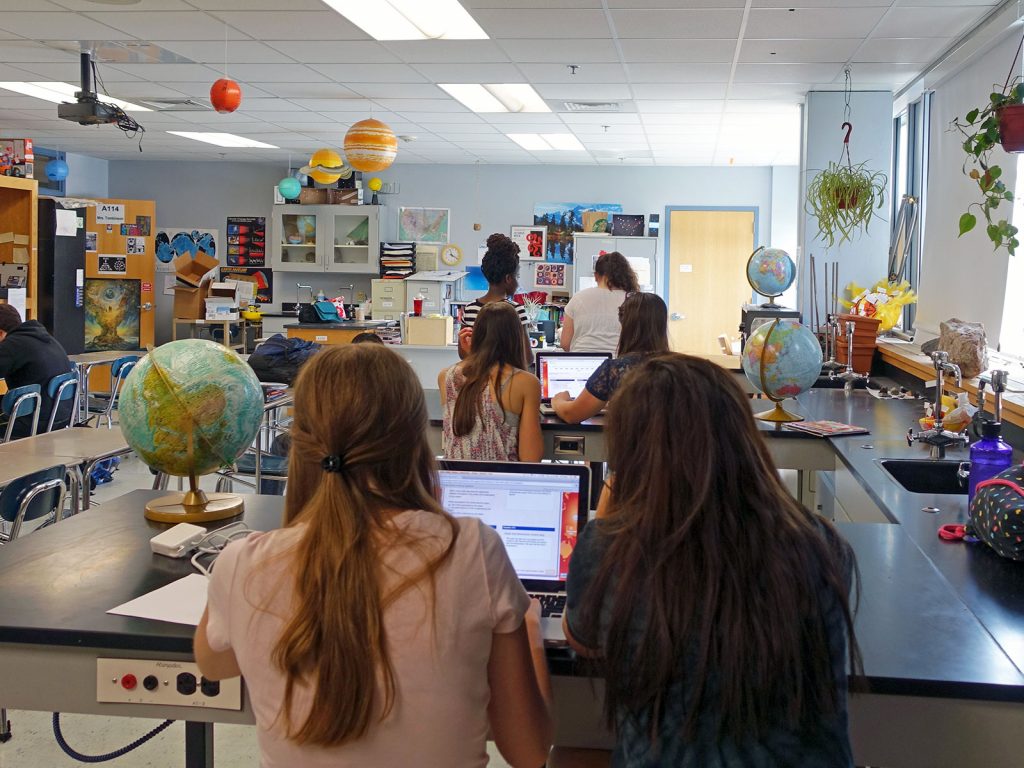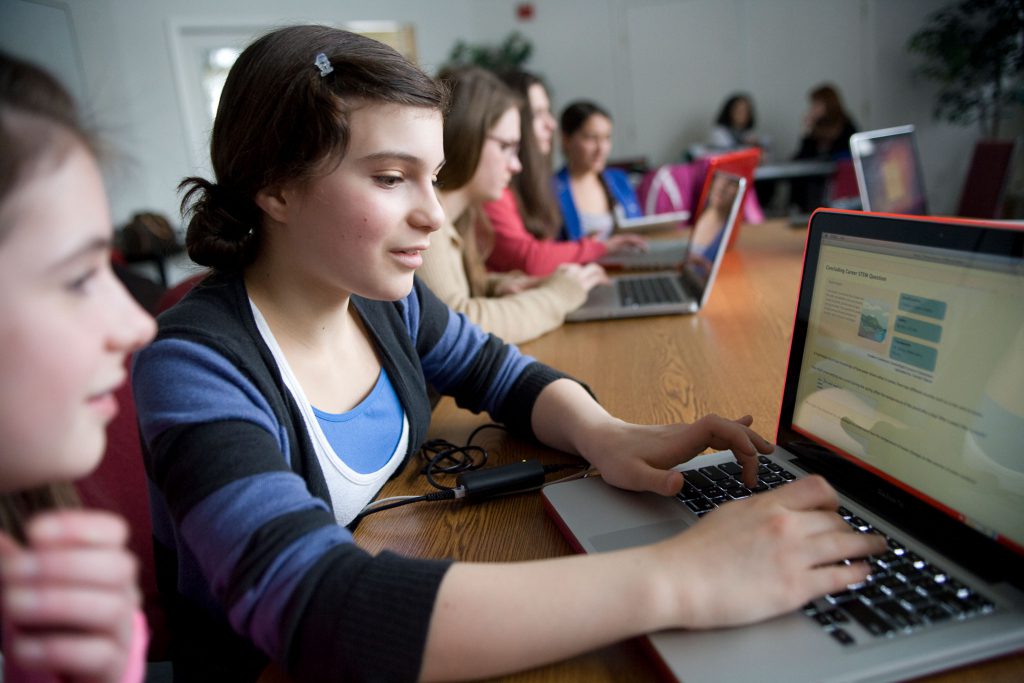Category: Tag: models
Positioning middle school students in a culturally congruent epistemological stance (student-as-anthropologist), allowing them to build Earth science learning from both Indigenous knowledge as well as Western-style inquiry.
TecRocks allows students to investigate the evolution of rock sequences created under different tectonic conditions.
We’re thrilled to announce that the popular High-Adventure Science (HAS) climate module is now available in Spanish. Many thanks (muchas gracias) to Penny Rowe (University of Santiago of Chile) and Cristián Rizzi (Universidad de San Andrés, Argentina) for taking this on! The Spanish-language version directly parallels the existing English-language version. The HAS climate module poses […]
Learning Everywhere explores how cutting-edge technologies and novel materials can be designed to study and better support engaging conceptual, collaborative, and tangible learning across different contexts and settings.
There are over 100 standalone models available in our STEM Resource Finder, which you can assign to your students. Consider the following ways you might use them in your classroom. Project a model for the whole class to see. Explore data and phenomena. For instance: Look at the patterns of earthquakes and volcano locations in […]
Our updated STEM Resource Finder (previously called the Learn Portal) at learn.concord.org now allows you to search for resources, create classes, assign activities, and track student progress with reports. All in one place. All for free. Register for a Teacher Account Follow these easy steps to create an account in the STEM Resource Finder. Click […]
Developing and researching a curriculum involving the use of dynamic technology-based visualizations and model-based inquiry to support early science learning of concepts involving matter and its changes.
Experiencing models of severe weather events allows students to monitor live radar screens and collect data as virtual thunderstorms pass through the classroom. Students will apply computational thinking skills as they create, evaluate, and combine forecast models.
We’re enabling new modes of experimentation and fostering levels of learner reasoning about complex systems and systems dynamics that are not currently possible by merging MIT’s StarLogo and the Concord Consortium’s SageModeler.
Michigan State University and the Concord Consortium are collaborating to examine how to support secondary school students in constructing and revising models based on disciplinary core ideas and crosscutting concepts to explain scientific phenomena.
